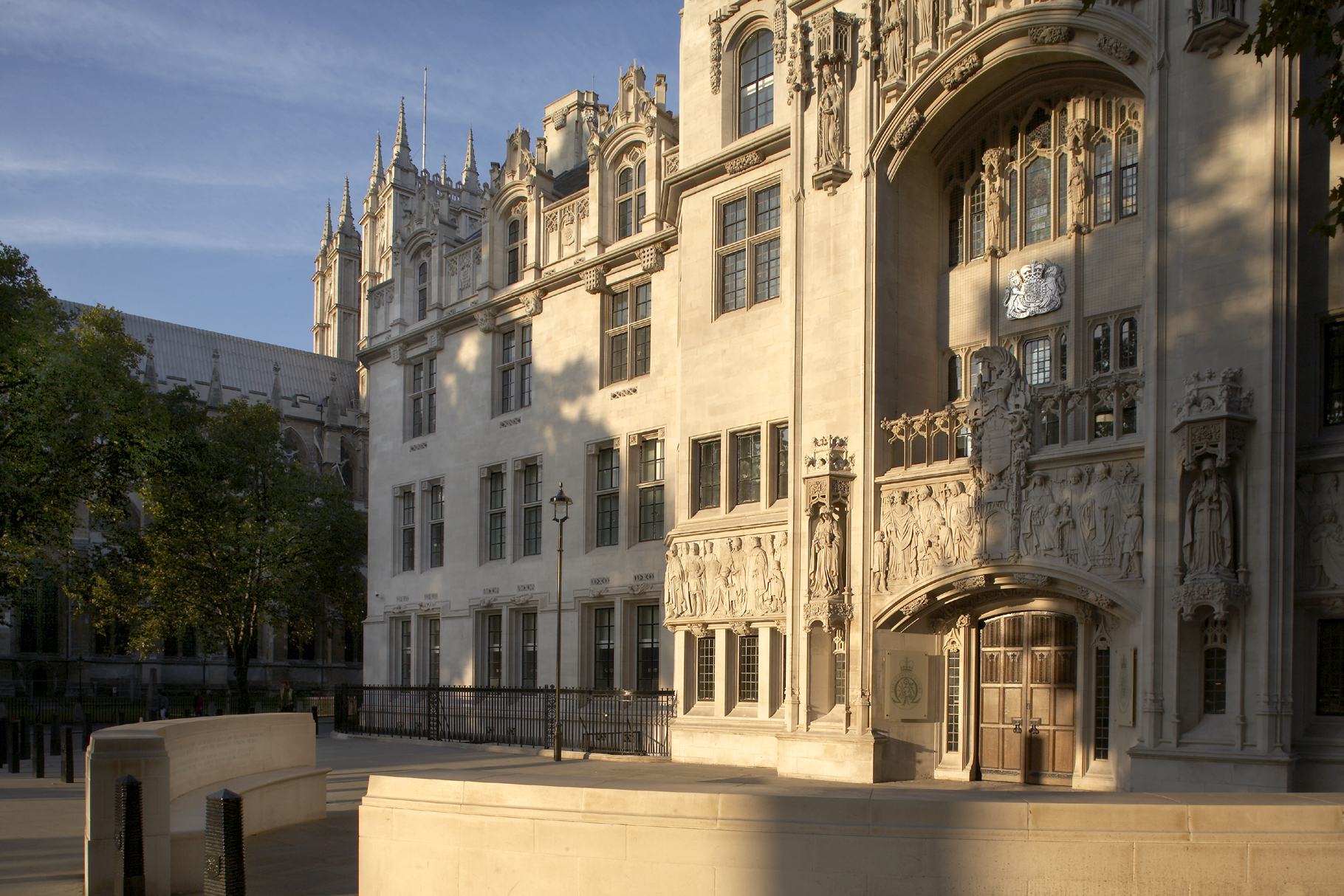We’re all aware of the gender pensions gap. And understanding around the ethnicity gap is growing.
In 2022 women’s private pension income was 64 per cent of that of the average and ethnic minorities had 62 per cent that of the average, although Pakistani, Bangladeshi and Black groups are likely to have had much lower.
Covid-19 has exacerbated the inequalities experienced by vulnerable people – the gap for ethnic minorities has widened over the past few years.
So how are we to provide immediate relief to people with low pension incomes today, and those who are likely to experience these tomorrow?
Interventions are available, at a cost, for helping those in retirement – the government could increase means-tested benefit payments for the poorest pensioners.
Helping tomorrow’s pensioners may be more complex. Pension schemes report that some working-age people have stopped pension contributions because of costof-living rises.
It will be vital to ensure that those who could be underpensioned tomorrow are enabled to contribute today.
Requiring employers to contribute on behalf on lower income employees, who may not be able to afford it, is one possibility, though employers are likely to resist a move like this and so a negotiated settlement would be required.
Whatever the approach, some policy moves will be necessary if we are to prevent today’s labour market inequalities and economic pressures maintaining pension income gaps for women and ethnic minorities into the future.
Latest News
-
OBR analysis reveals potential impact of salary sacrifice changes
-
Strong funding levels continue as endgame landscape reshaped by innovation
-
Harwich Haven Authority Pension Fund finalises £45m buy-in with Royal London
-
GAD publishes LGPS gender pension gap reporting guidance
-
DB scheme funding levels continue to improve heading into 2026
-
News in brief - 6 February 2026
Private markets – a growing presence within UK DC
Laura Blows discusses the role of private market investment within DC schemes with Aviva Director of Investments, Maiyuresh Rajah
The DB pension landscape
Pensions Age speaks to BlackRock managing director and head of its DB relationship management team, Andrew Reid, about the DB pensions landscape
Podcast: From pension pot to flexible income for life

Podcast: Who matters most in pensions?

In the latest Pensions Age podcast, Francesca Fabrizi speaks to Capita Pension Solutions global practice leader & chief revenue officer, Stuart Heatley, about who matters most in pensions and how to best meet their needs
© 2019 Perspective Publishing Privacy & Cookies











Recent Stories